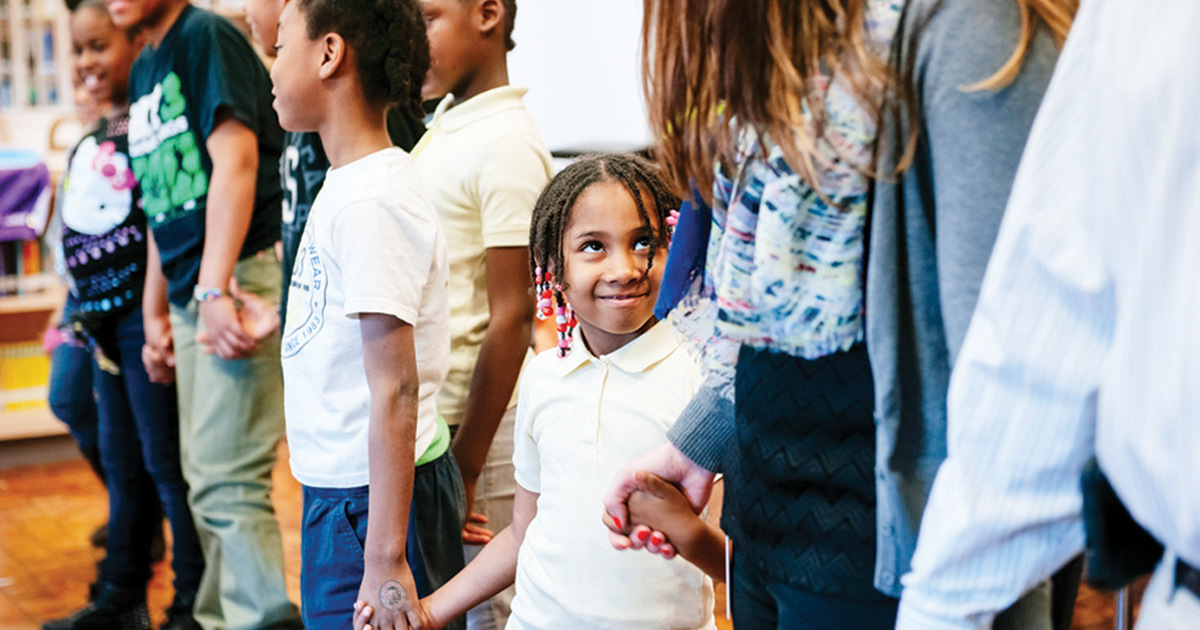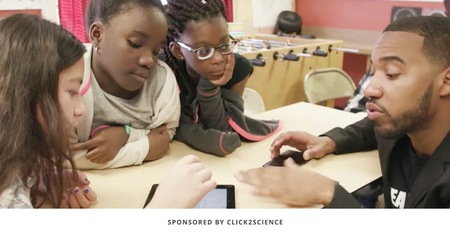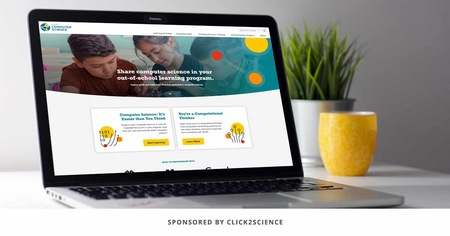Due to this diversity, it's essential to ensure there's a basic understanding of positive youth development (PYD) among those working in the field.
What is PYD?
PYD is defined by youth.gov as a pro-social approach to childcare that engages youth in their communities, schools, organizations, families and peer groups in a productive way. It recognizes, utilizes, enhances and promotes positive outcomes for youth by providing them with opportunities and fostering positive relationships.
"PYD is really a philosophy—or an approach—to helping young people succeed," said Kathleen Lodl, Associate Dean of University of Nebraska-Lincoln Extension and Director of Click2Science. "It's a method where we think about the assets of youth and of children and how to grow and expand those."
Because time outside of the formal classroom has a significant impact on young learners, out-of-school programs in particular should be focused on providing positive youth development for the youth they serve. It's critical that out-of-school professionals are able to apply PYD principles in order to provide enriching and challenging learning experiences for young learners.
"The PYD principles are made up of many elements, including civic involvement and engagement, youth leadership and preventing risky behaviors and attitudes in youth," said Karen Pittman, President and CEO of Forum for Youth Investment and PYD advocate. "By integrating PYD principles into daily practice, out-of-school professionals can ensure positive outcomes for youth."
Why is PYD essential to STEM learning experiences?
PYD is important to STEM learning because it's the first and most fundamental skill needed to build engagement in learning activities. PYD ultimately furnishes the support needed to build other youth leadership strengths.
"Understanding youth and how to interact with them is key to creating quality learning experiences," said Pittman. "Youth development professionals who are familiar with the stages of development are able to recognize the needs of youth and adjust for individual differences to create positive learning environments."
Prior to developing more difficult leadership skills such as how to engage youth in STEM, Lodl notes, adult leaders should have a strong foundation of knowledge in positive youth development.
"I like to think of PYD as the seed needed to grow quality learning experiences in STEM," said Lodl. "There's no plant without first planting the seed, or without first building a foundation. Once the seed is planted, the plant will flourish and grow."
How to build a PYD foundation.
To guarantee a foundational knowledge of PYD in youth development professionals, UN-L Extension—in collaboration with Click2Science—has partnered with Penn State Extension's Better Kid Care to offer online, self-directed training lessons. The PYD lessons are completed on-demand, allowing program staff to easily fit professional development into their busy schedules.
"This series of on-demand web lessons presents youth development professionals with the knowledge and tools to successfully work with school-age children and youth ages 5 through 18," said Claudia Mincemoyer, Professor of Agricultural Economics, Sociology and Education at Penn State University and Director of Better Kid Care. "Better Kid Care's on-demand distance education system is easy-to-use, and at only five dollars per lesson, they're also affordable."
Better Kid Care currently offers four lessons in the PYD series: Child and Youth Growth and Development, Cultural Competency and Responsiveness, Interactions with Children and Youth, and Safety and Wellness. There are plans to release an additional lesson before the end of the year.
To learn more about what positive youth development is and how it can be used to improve out-of-school programs, visit Youth.Gov/Positive-Youth-Development. To learn more about Click2Science and PYD lessons offered through Better Kid Care, visit STEMProfessionalDevelopment.org.
Written by Samantha Gerken, Marketing and Engagement Coordinator of Click2Science.
Photo courtesy of The Historic Samuel Coleridge Taylor Elementary School.




